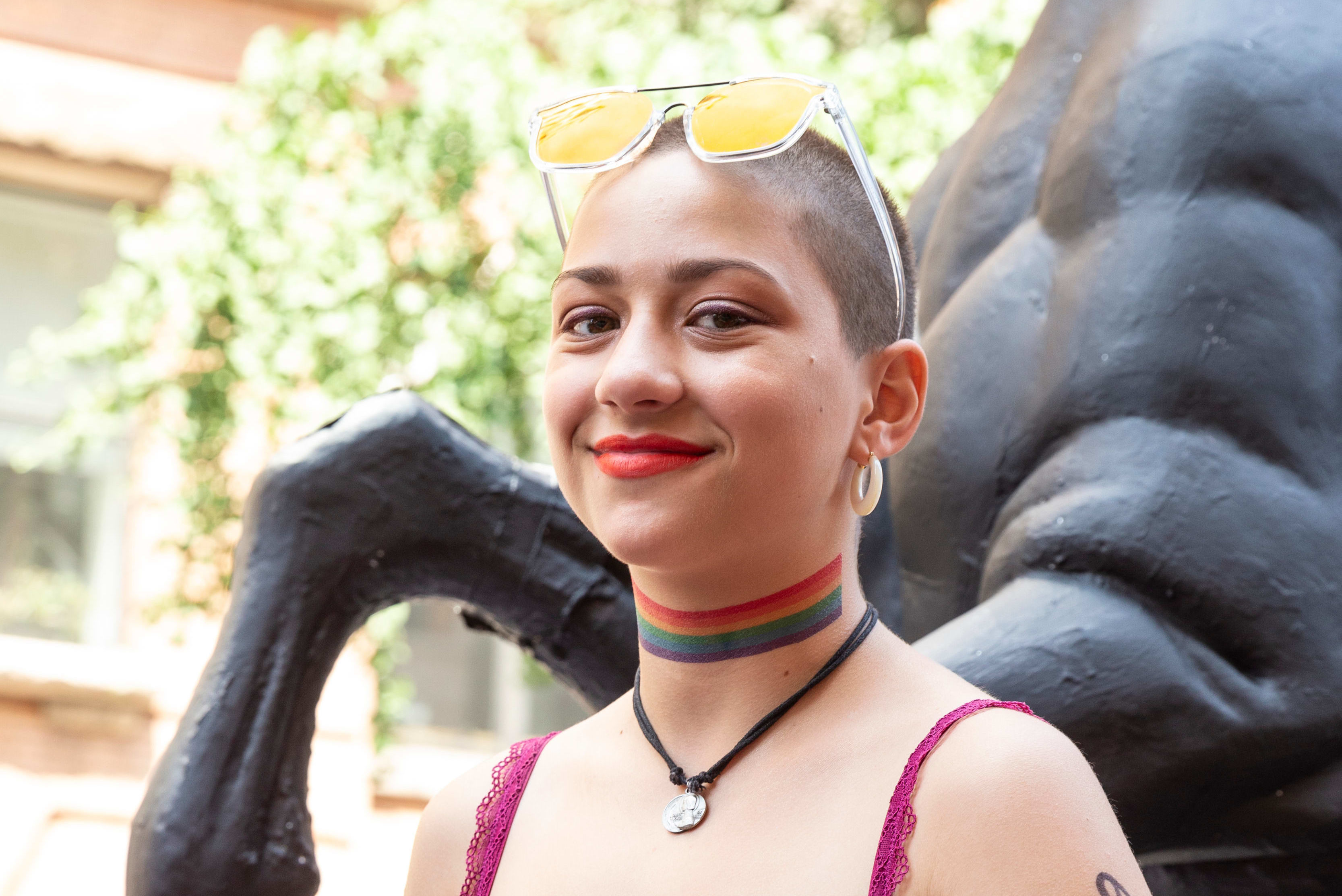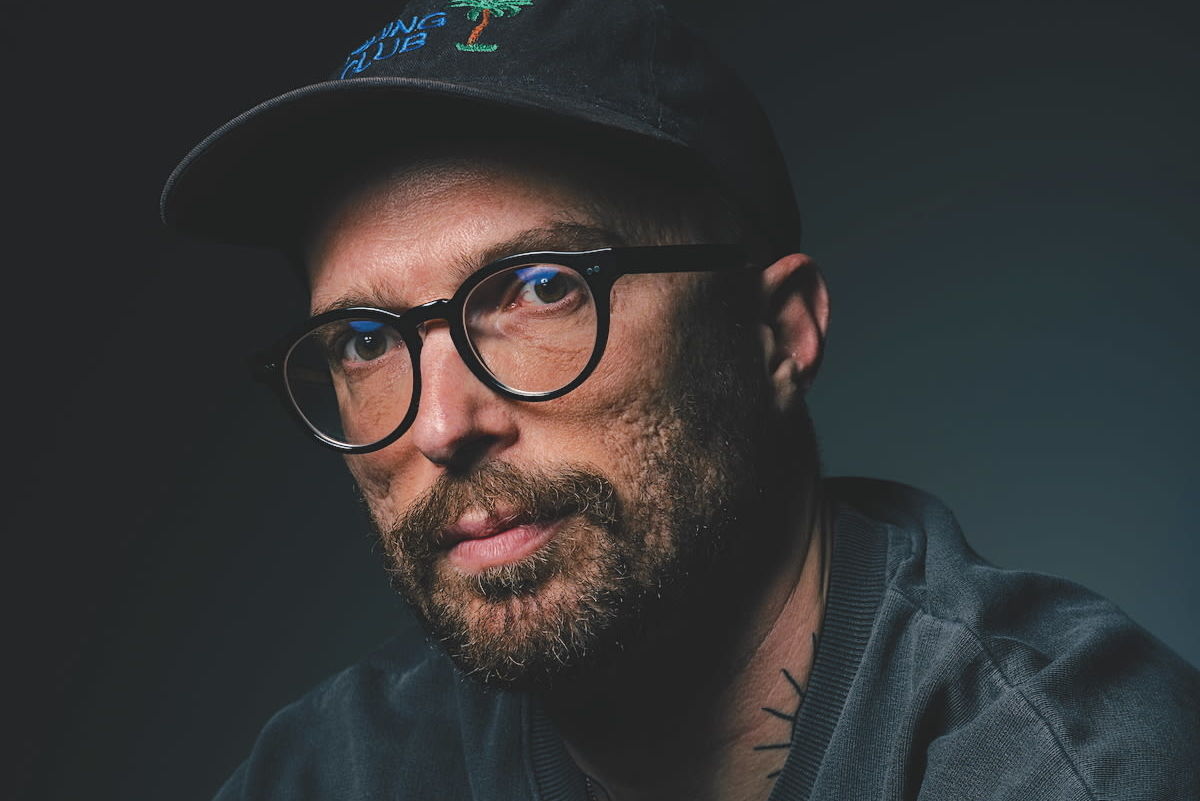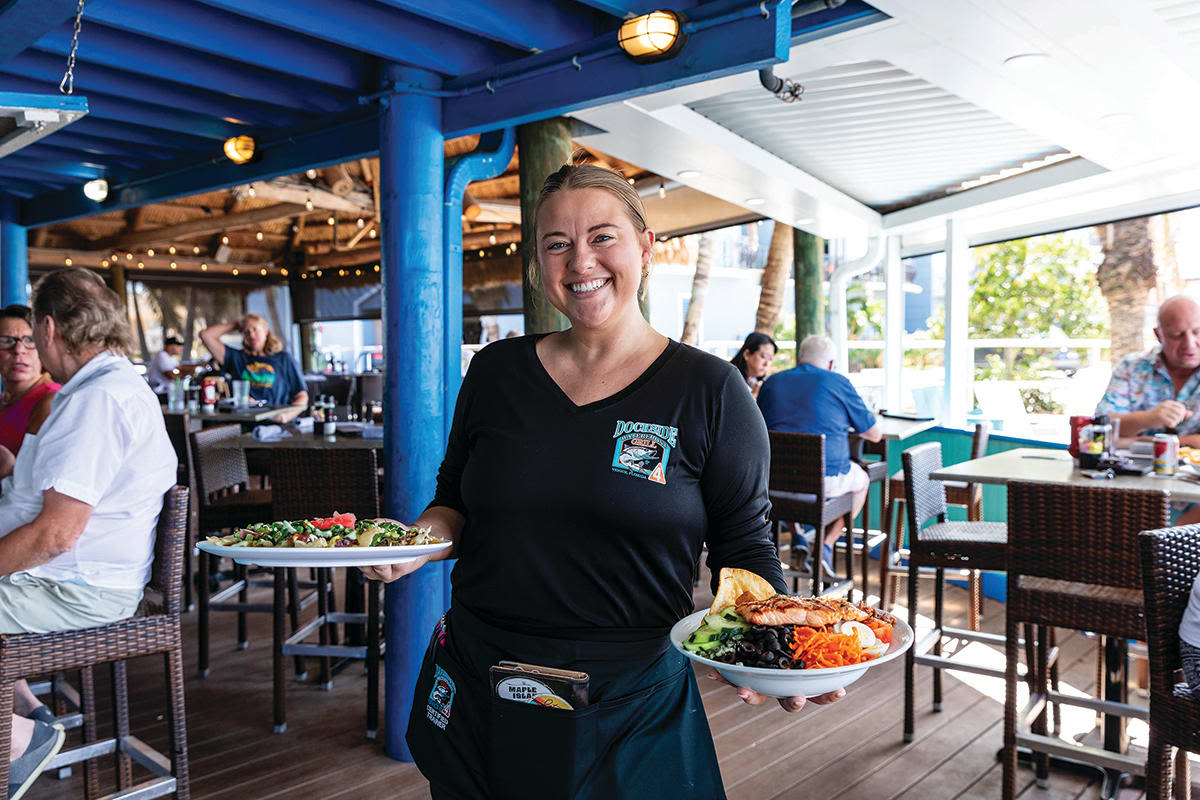How to Talk to Your Children About School Shootings
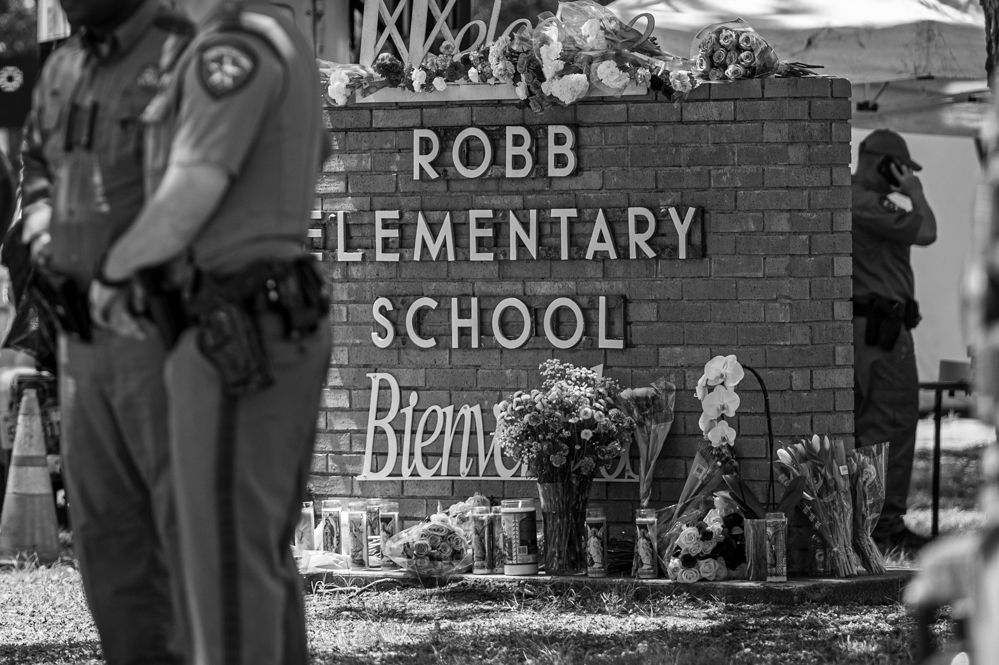
While working on other projects in Texas, Sarasota photographer Allan Mestel was on hand to capture the aftermath of the school shooting at Robb Elementary school in Uvalde. In this scene, Texas State Troopers stand in front of the sign at the front of the school.
Image: Allan Mestel Photography
The United States has endured 27 school shootings and more than 200 mass shootings in 2022 alone. On Tuesday, 19 children and two teachers were killed in a school shooting at Robb Elementary School in Uvalde, Texas. Grieving parents and community members are left wondering, "When will this end?" and "How do we talk to our surviving children about this tragedy?"
The American School Counselor Association released tips to help students after a school shooting in light of Tuesday's tragedy. But there is no easy way to address sensitive topics like gun violence, especially for children who are old enough to understand the gravity of the situation and who may have already heard about it from the news, peers or social media.
Grief counseling in the form of telehealth and in-person sessions at schools and therapeutic practices are important for children affected by this news around the country.
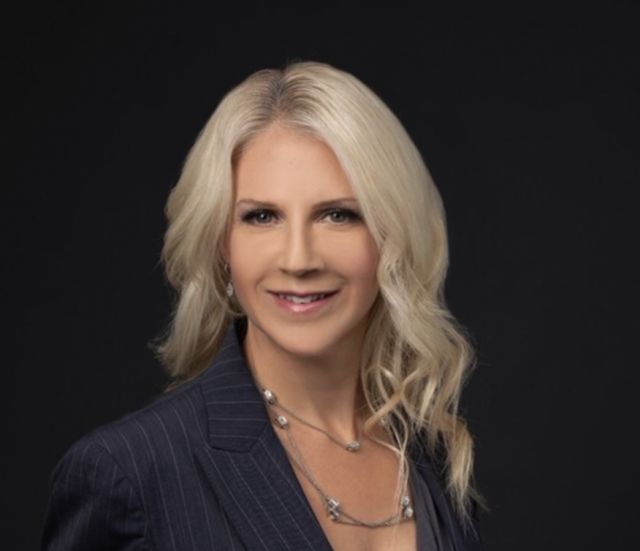
Dr. Stephanie Lirio
Image: Courtesy Photo
We spoke with Sarasota child and adolescent psychiatrist Dr. Stephanie Lirio about how to start a conversation about school shootings with children and the importance of looking for warning signs that a child may be in need of therapy.
Have you seen an increase in children afraid to go to school because of shooting news?
"Over the course of the last two years, we have seen an increase in children afraid to go to school in general," says Lirio. "This is partially due to the pandemic, and mental health professionals are sure that once news about the shooting becomes more widespread, this will be a rising concern to children, too."
"The demand for mental health services for kids, teens and college students has escalated. I have a waiting list for appointments at my practice and the therapists I refer out to have wait lists, as well," she continues. "With the dramatic uptick in anxiety and depression in children, I have seen an increased need for mental health services, and fear of attending school is one of the problems we address."
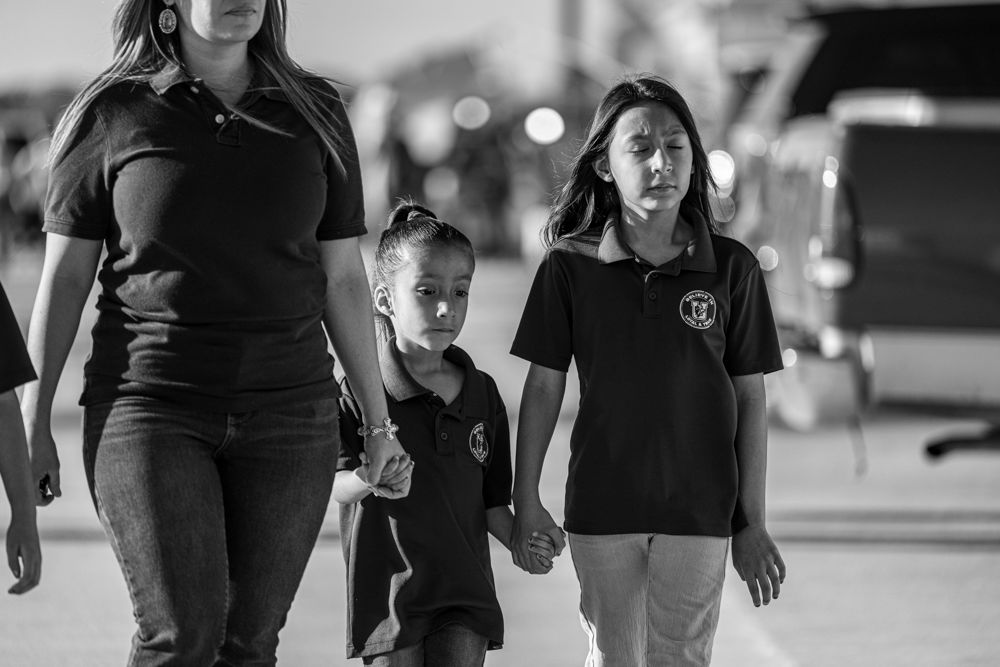
A family walking to attend the vigil at Uvalde County Fairplex.
Image: Allan Mestel Photography
Should you even share news about a school shooting with your child?
"In short, yes, for a number of reasons," says Lirio. "As upsetting as it is to talk about, it's already on the news and social media—they are going to hear about it. It's better that they hear it from their parents and guardians. Talking to someone they trust about upsetting topics can help decrease their fear. The more unprepared and caught off guard they feel when hearing news of a shooting from someone else, the more anxiety will increase. Try to reassure them, to the extent that you can, that, as a parent, you are doing everything in your power to keep them safe."
How do you explain shootings to younger children?
"We encourage parents to stay away from the phrasing 'pass away' or 'go to sleep forever' when talking about death," says Lirio. "This is because young children think in very black and white terms. 'Going to sleep forever' sounds scary and like something that could easily happen to them. Use the words 'death' and 'died' and explain the shooting in a basic way, that people died and it is very sad."
Lirio says younger children are more egocentric developmentally, so they will always think, "Can that happen to me?" In this case, give them the most basic information. Say, "It's a scary thing that can happen at some schools, but we want you to hear about this news from Mom and Dad first, and know that your parents, school and community are doing everything they can to keep you safe."
"We often say in the mental health field that you must speak to children as if you are a lawyer on the stand," says Lirio. "Don't lie and don't over-explain. Give factual information and then give them space to ask questions. Meet them where they are."
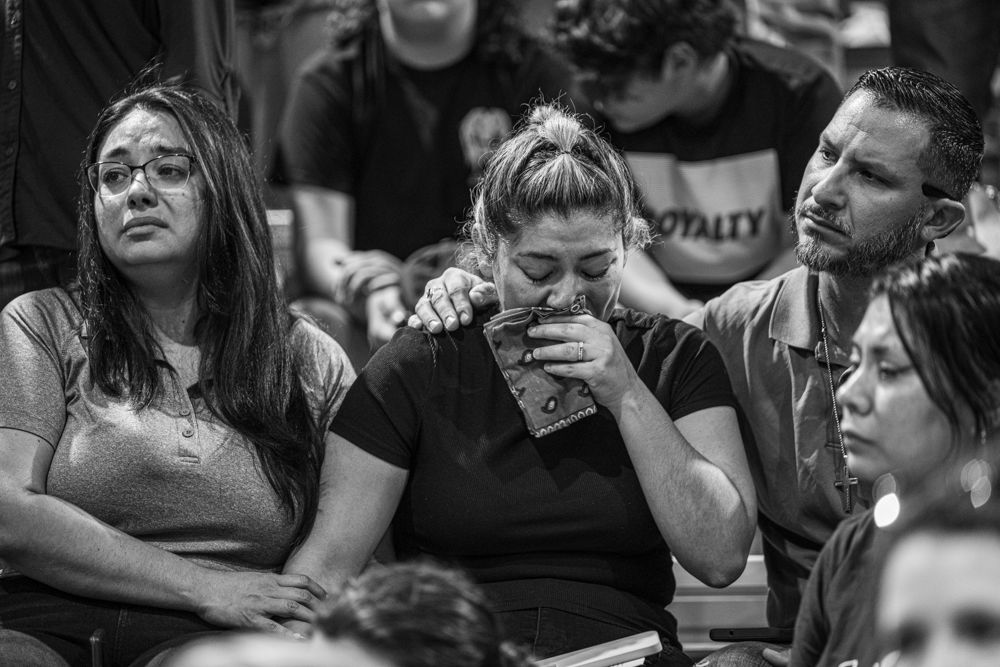
A family grieving at the town vigil.
Image: Allan Mestel Photography
What about for older kids?
"At this stage, we talk about social media and monitoring what they read online," says Lirio. "Ask teens what they've heard about the shooting and be prepared to answer some difficult questions—one of the most difficult being, 'Why would someone do this?' We don't really have an answer to that, so be honest. Say, 'That's a question and concept we are all trying to figure out right now.'"
"Give them as much information as you can and never say, 'This will never happen here,'" she says. "That is simply a false promise. Say, 'It's a scary situation for all of us, but we are doing the best we can.'"
What daily steps could families take to ease anxiety after shooting news?
"Routine is extremely important," says Lirio. "We are all creatures of habit. Keep the bedtime routine and whatever you'd normally do with your kids. Share bedtime stories and create a space to talk about what's going on and ask questions. Also, have an outlet that is pleasurable and de-stressing for them—walking outside, exercising, reading or doing an art project."
"Still get that homework done if school is in session," she says. "If they are younger and can't express their thoughts or feelings, have them draw a picture or write a story about what they're thinking."
How do traumatic events like school shootings impact a child's psyche?
"There is a lot of research to suggest there are predisposing factors for developing depression, anxiety and post-traumatic stress disorder," says Lirio. "Besides childhood trauma, loss of a parent or close family member is another big factor. They are at higher risk for developing mental health issues later on in life."
"The most important thing is to be on high alert for red flags and seek professional intervention when necessary," she says. "Even for young children, things like play therapy for victims of trauma and abuse can be helpful, when they can't articulate what they've been through. Slightly older children can tell the story of what happened little by little."
Is grief counseling important for those directly impacted?
"It is extremely important, because the reality is, not everyone who experiences and witnesses trauma is going to develop full-blown PTSD. But intervening either way is important," says Lirio. "There are people trained in crisis debriefing who are invaluable resources to families. Not talking and avoiding the grief increases the likelihood for larger mental health issues. The earlier someone who's trained intervenes, the better."
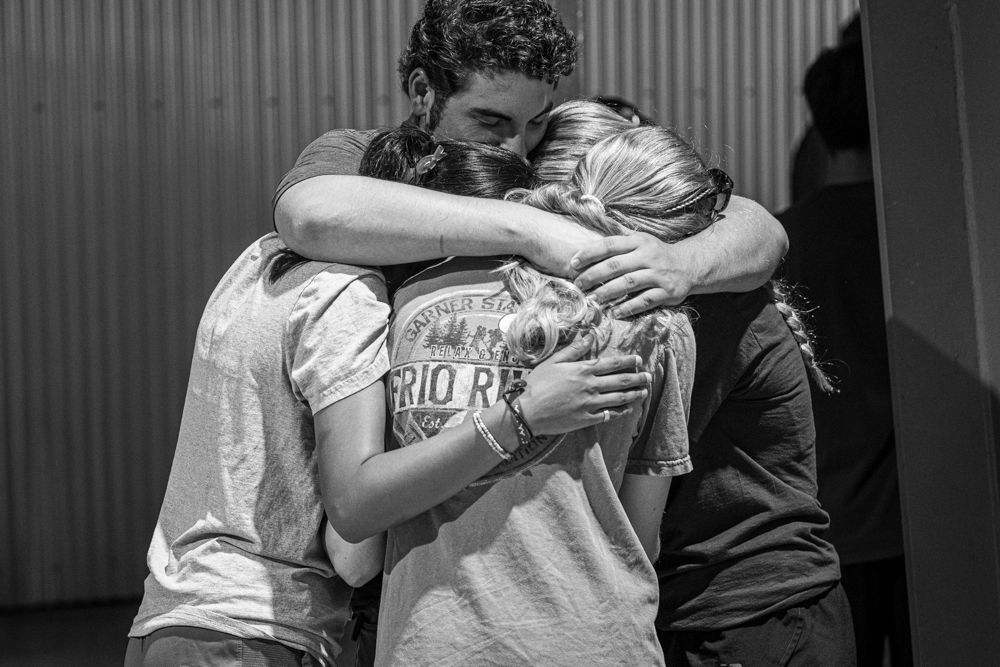
A family embracing in the hallway of the Uvalde County Fairplex after the vigil.
Image: Allan Mestel Photography
How can parents deal with their own anxiety and sadness, to avoid projecting onto their kids?
"The first thing is to check your own mental health and get support if you need it," says Lirio. "Unfortunately, this is not the first school shooting adults have lived through. We've heard about Parkland and Columbine and many other horrific events, and every time, it's re-traumatizing us. You don't have to be in the middle of the traumatic event to have a trauma response. I worked with children who were survivors of the Parkland shooting and hearing their stories re-traumatized families and mental health professionals."
Lirio also suggests recognizing the warning signs of depression and anxiety in your and your kids: sleep disturbances, refusing to leave the house, withdrawing from friends and family, and physical symptoms like headaches or stomachaches.
What are some tips educators can keep in mind when talking to students?
"These will be similar tips to talking to your own children," says Lirio. "For example, have a debrief session with your class with help from the school guidance counselor. Ask open-ended questions. 'What do you understand? What have you heard? What have your parents told you?'"
Teachers can also become re-traumatized from hearing shooting news. Keep in mind that they need support, too.
Any other final tips?
"There has been a lot of reaction in the media with past school shootings that the gun violence was linked to mental illness," says Lirio. "It's important to remind people that the vast majority of those who struggle with mental illness are not violent."

